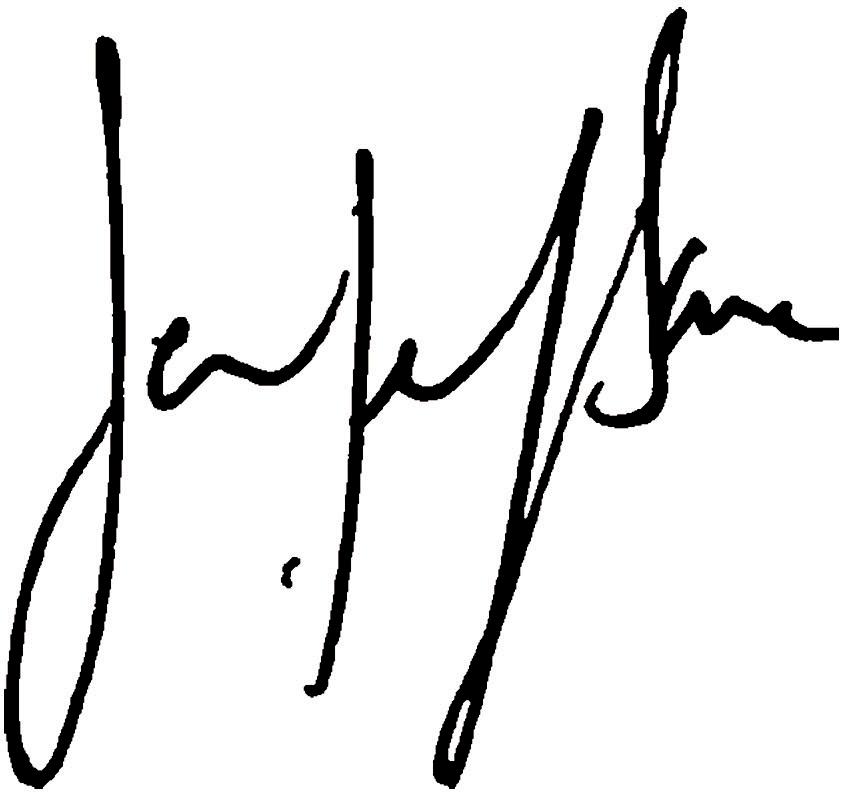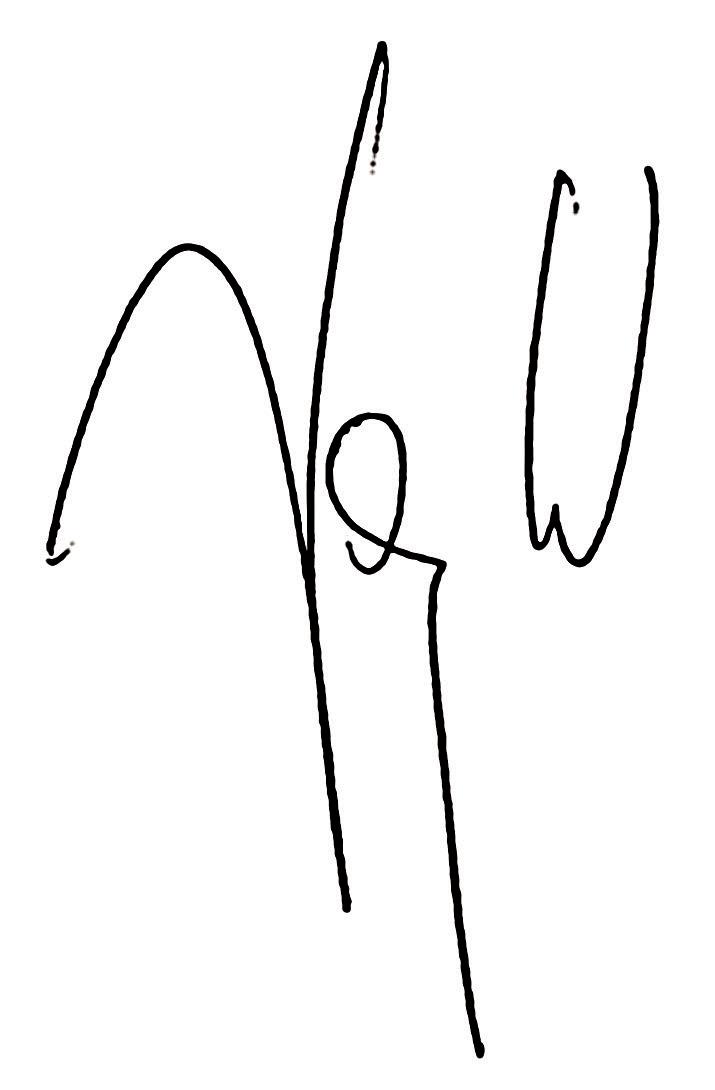Foreword
Jennifer J. Sara,
SENIOR DIRECTOR, WATER GLOBAL PRACTICE, THE WORLD BANK GROUP
Dear Colleagues,
In 2015, the World Bank launched the Regional State of the Water and Wastewater Sector Review, which has grown to be a flagship product of the Danube Water Program. The report highlighted the double challenge faced by the countries in the Danube River Basin at that moment - first, providing quality and sustainable water and sanitation services to their citizens; and, second, doing so while meeting EU water acquis communautaire.
This 2018 Update of the State of the Sector Report reveals a collision of trends that make that double challenge a triple challenge today. Not only do countries still need to achieve both of those goals, they need to do so in the context of a changing climate, decreasing populations, disruptive technology and economies with uncertain prospects Since that first Review was launched, so too were the Sustainable Development Goals. The SDG for Water (SDG 6) sets major goals in terms of access to safely and adequately managed services, water quality, water efficiency, integrated water management, and the protection and restoration of water-related ecosystems. The SDGs also called on the water and sanitation community to expand cooperation and capacity building support, and to strengthen the participation of local communities.
As the world’s largest multilateral source of financing for water in developing countries, the World Bank envisions “A Water-Secure World for All”. Under this vision, everybody should be able to share this limited resource and have access to safe and sustainable water and sanitation services to live productive and healthy lives. In this world, water can make a major contribution to how we mitigate and adapt to the effects of climate change – after all, the impacts of climate change are channeled through the hydrological cycle and propelled by water through economies, societies and the environment and used more efficiently if future demand is to be met.
With this context in mind, I am pleased to present this updated State of the Sector report outlining the main trends in the water and sanitation sector in the Danube Region. Since the last review, countries in the Danube region have made important strides in increasing access to quality and efficient services to its population, but significant challenges remain. First, rural areas and minority groups still suffer from the lowest access levels. Second, as cost recovery and investment levels increase, affordability of services is becoming an emerging issue. And, third, many countries still lack appropriate wastewater management. Many other trends and challenges are discussed herein – and just as importantly, so are proposals to tackle them. I hope this report will continue to be a platform for important exchanges on policy development and a place to highlight solutions that can help build improved lives for the people in this region. Within the next few years, countries everywhere in the world will need to step up their efforts to provide safe, equitable and affordable services to all their citizens. So, it is essential to have sound data and analysis inform decision-making, enable tracking of progress, and help illuminate potential solutions. I hope this report offers the information and inspiration for this.
I would like to warmly thank the Ministry of Finance of Austria, whose financial support has been essential to the success of the Danube Water Program, and in particular the realization of this study; the International Association of Water Service Companies in the Danube River Catchment Area, which has been a strong partner of the World Bank under the Danube Water Program; and most importantly, all of you, individuals and institutions, who have contributed information, knowledge, experience, and time to the Program’s activities and to this report in particular. I look forward to continuing this partnership to ensure sustainable services for all in the Danube region and hope the insights presented in this report help all involved succeed in that shared vision.
 |
Jennifer J. Sara
Senior Director Water Global Practice The World Bank Group |
Walter Kling
IAWD PRESIDENT
The establishment of the Danube Water Program involved the coming together of two very different organizations – IAWD on the one side – an association of water utilities in the Danube River catchment – and the World Bank on the other. The joint effort of these two organizations is reflected in the management of the program – IAWD is responsible for capacity building, particularly directly for utilities, and the World Bank is primarily responsible for the policy, analytical, and governance aspects of the program. The program has been managed in a shared manner, focused on synergy between the expertise and networks of the respective organizations.
The first state of the sector study in 2015 was a product of that joint activity, where the World Bank has taken the lead in bringing its worldwide experience and analytical skills to produce this regional study of water services. IAWD played a supportive role in the data collection and providing some informational inputs and even more played a strong role using this study to stimulate actions and to improve services.
The World Bank team has done an important effort to create an update of this report about the water sector by the year 2018. We are confident that this study will help to continue the support of a high-level debate on key policy questions, down to the utility level on how best to organize and manage water utilities to achieve efficient and effective services. The people of the Danube region have a right to clean, safe, and efficient water and sanitation services, and this updated sector report helps to continue the work where deficits exist to achieve the goals set in the Danube Water Program.
IAWD looks forward to continuing its active role in understanding and using the information presented in this highly informative study. The 2018 updated study will help to work with the community of people active in the water sector to deepen the messages and lessons from the 2015 study, to jointly work on ensuring smart policies, strong utilities, and sustainable services in the Danube region.
 |
Walter Kling
International Association of Water Service Companies in the Danube River Catchment Area |

